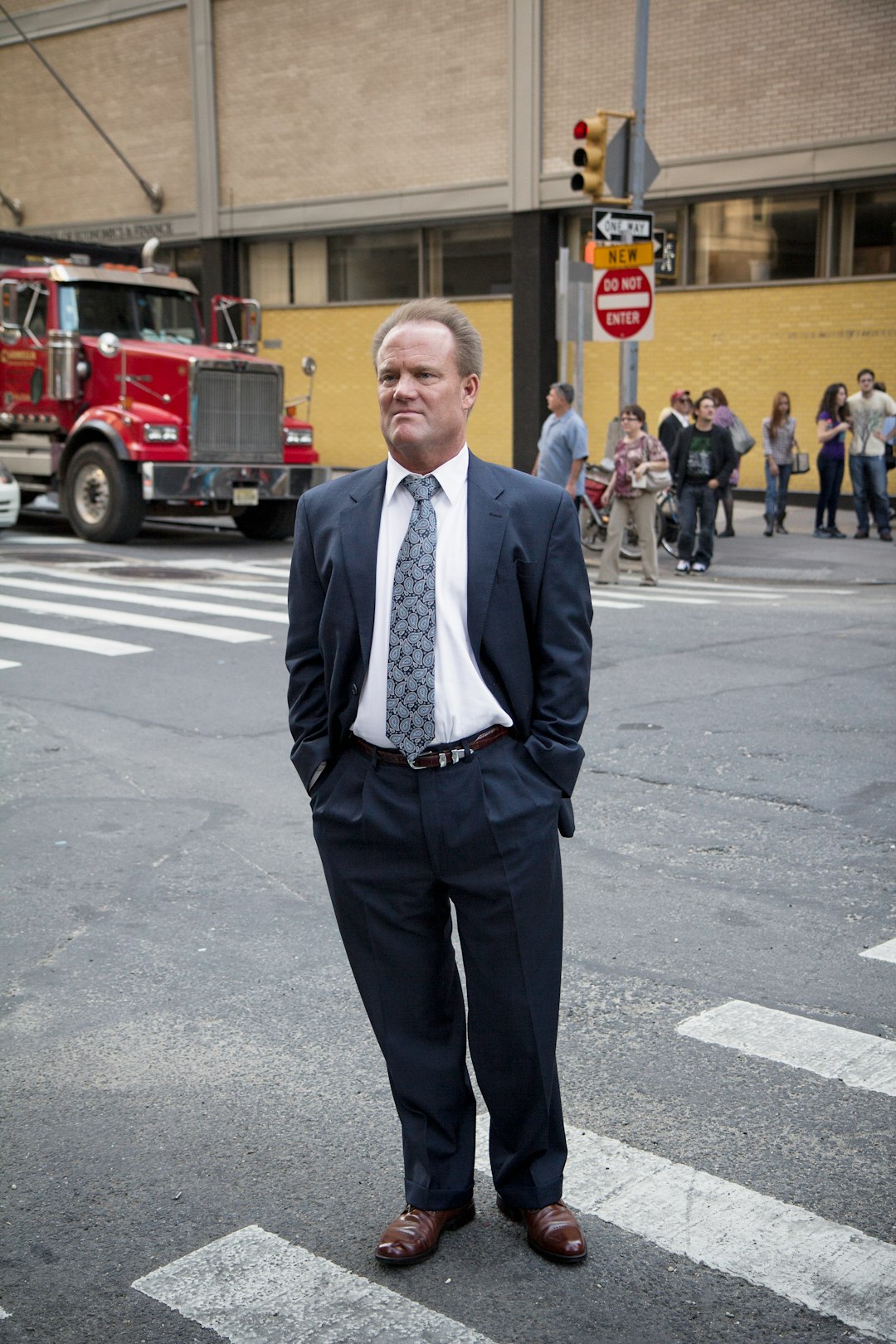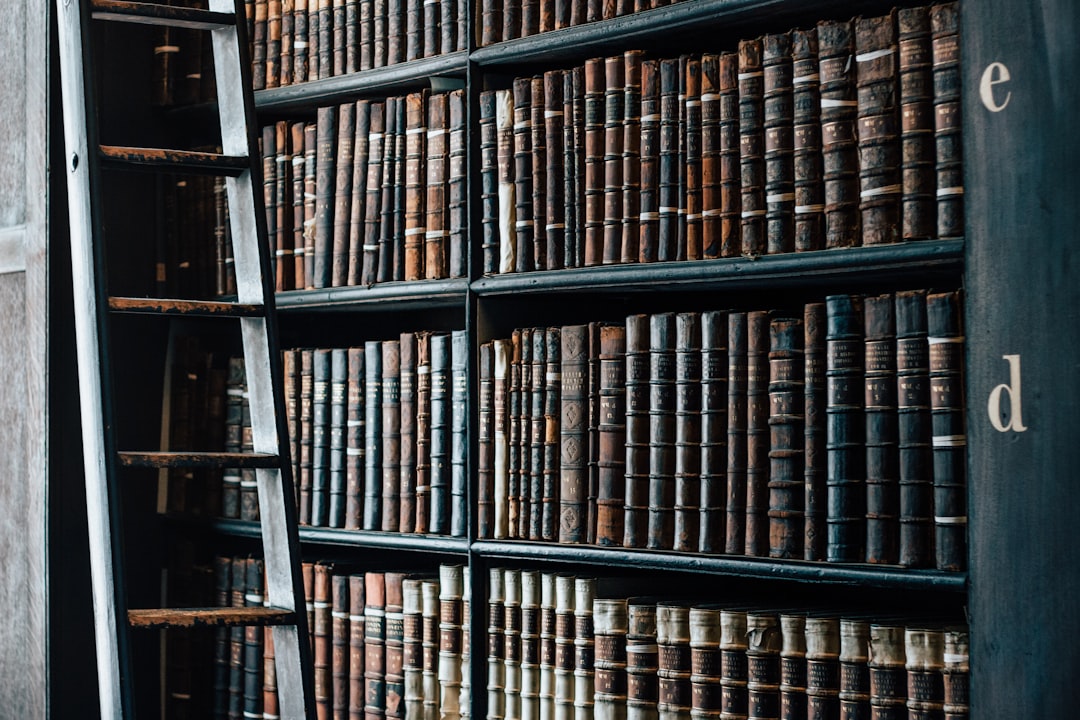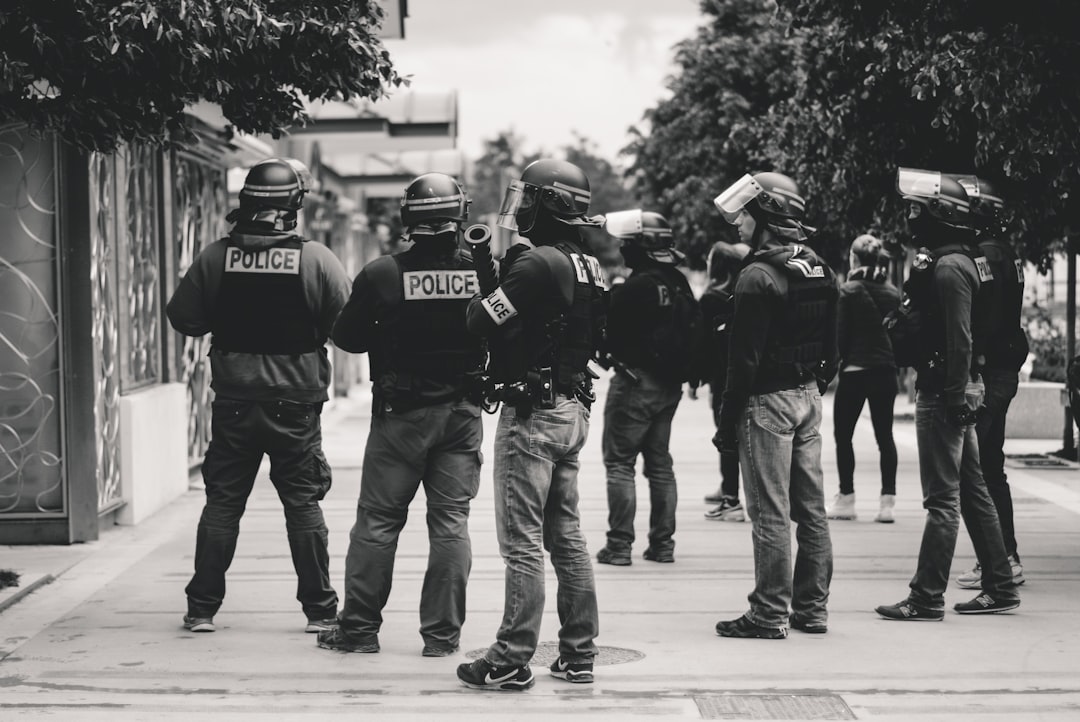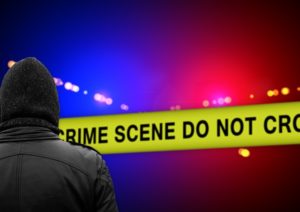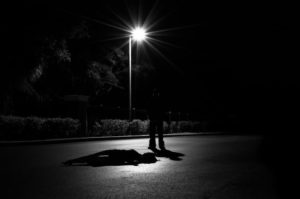In the quest to join the ranks of those who protect and serve, one must first navigate the challenging process of a police job interview.
With a range of questions designed to assess your suitability for the demanding role of a police officer, preparation is key.
This article will guide you through 31 complex police interview questions, providing insights into what the panel is looking for and how best to present your skills, experience, and personal qualities.
What is a Police Job Interview
A police job interview is a critical step in the recruitment process for law enforcement positions.
It allows the hiring department to evaluate a candidate’s qualities, such as integrity, problem-solving skills, communication abilities, and resilience.
The questions posed during this interview are often complex, requiring thoughtful responses that demonstrate both your knowledge of the law enforcement field and your personal suitability for the role.
General Questions
The general questions in a police interview are designed to gauge your understanding of the role and your motivation to pursue a career in law enforcement. These might include:
- Can you provide an overview of your background and experiences that make you a suitable candidate for a police officer role?
- How would your previous employer characterize your work ethic, professional abilities, and contributions?
- What specific strengths do you possess that would make you an effective and valuable police officer?
- In what areas do you feel you have room for improvement as a person, and how do you actively work towards addressing those weaknesses?
- What factors have contributed to your decision to seek new opportunities and leave your current position?
- Describe your ideal work environment within a police department and how it supports your productivity and job satisfaction.
- What aspects of being a police officer do you anticipate will be most rewarding and fulfilling?
- What challenges or aspects of the job do you anticipate will be most difficult, and how would you handle them?
Questions about Experience and Background
Experience and background questions aim to assess your past behavior and actions, to predict your future performance. Expect questions like:
- Describe a time when you had to make an unpopular but necessary decision?
- What qualities do you think are most important for a police officer to possess?
- How would your colleagues describe your work ethic and dedication to the job?
- How have your prior experiences prepared you for this role, both professionally and personally?
- How extensive is your experience serving in law enforcement?
- Can you share an example of a significant challenge or setback you encountered during your past jobs and how you handled it?
- Reflecting on your past errors or misjudgments, what valuable lessons have you gained from those experiences?
- Describe a situation where you were faced with a difficult choice or dilemma, and explain how you approached the decision-making process.
- What qualifications and attributes do you possess that make you a strong candidate for this position?
- From your perspective, what qualities and characteristics define an exceptional police officer?
- Provide an overview of the responsibilities and duties you held in your previous law enforcement role.
- During your training period, what aspects did you find most enjoyable or rewarding?
- Among the various duties of a police officer, which specific responsibilities do you find the most fulfilling or engaging?
- What personal and professional goals do you aspire to accomplish in your career?
Questions about Goals and Intentions
Goal and intention questions assess an individual’s drive, ambition, commitment, and purpose when entering into law enforcement roles. Consider asking:
- What inspired you to pursue a career in law enforcement?
- What are your long-term goals for this position?
- How do you aim to contribute to the organization’s mission through your work?
- In what ways have you shown initiative and dedication outside of the professional realm?
- If offered the job, where do you see yourself in five years as a police officer?
Questions about Adaptability and Flexibility
Adaptability and flexibility questions assess an individual’s willingness and ability to adjust to changing scenarios and handle unexpected challenges during law enforcement roles. Consider asking:
- How have you adapted to unfamiliar or uncomfortable work environments in the past?
- Can you point to a situation when you had to quickly adjust to an unexpected change?
- Describe how you handle conflict resolution in the workplace?
- What strategies have been most effective in calming volatile situations?
- How do you balance competing priorities or tight deadlines?
- In what ways have you adjusted your approach based on feedback from colleagues or supervisors?
- When faced with an ethical dilemma, how do you determine the best course of action?
Questions about Problem-Solving and Decision-Making
Problem-solving and decision-making questions assess an individual’s ability to identify issues, devise solutions, and make sound decisions during law enforcement roles. Consider asking:
- Tell us about a complex problem that you solved in a law enforcement setting.
- How do you go about making decisions when presented with multiple options?
- Walk us through the steps you follow to identify and analyze an unethical issue?
- Describe a situation where you had to think outside of the box to find a solution?
- What strategies have been most effective in preventing further escalation during high-pressure situations?
- In what ways have you demonstrated sound judgement while on duty?
- How do you ensure that your decisions are fair and impartial?
Questions about Leadership Skills
Leadership questions assess an individual’s willingness and ability to take charge, motivate others, and guide team members towards successful outcomes. Consider asking:
- How would you describe your leadership style?
- Can you tell us about a time when you had to take decisive action?
- How do you handle difficult conversations with officers and other staff?
- What strategies have been most effective in restoring order during chaotic or high-conflict situations?
- In what ways have you displayed initiative while on the clock at your previous jobs?
- When faced with an uncooperative officer, how do you navigate the situation?
In-depth Questions
In-depth questions require you to apply your knowledge and problem-solving skills to hypothetical situations. For example:
- How would you handle a conflict between two co-workers?
- How would you react if asked to enforce a law you disagree with?
- Describe a situation where you had to think quickly and devise an innovative solution?
- What protocols would you follow if faced with a more experienced officer who is making incorrect decisions?
- When placed in tense situations, how do you ensure that your actions remain within department guidelines?
- How would you react to challenging instructions from a supervisor or senior officer?
Interview Questions with Sample Answers
Below is a set of sample interview questions and answers that may help you better prepare for your interview:
Why do you want to work for our department?
Bad Answer: “I need a job and you guys are hiring.”
Good Answer: “I’m drawn to your department because it has a reputation for community-oriented policing. I believe that building strong relationships with community members is crucial to effective law enforcement, and I would like to contribute to that.”
Why are you the best police officer for this position?
Bad Answer: “I was always the best at everything in the academy.”
Good Answer: “I bring a unique combination of skills to the table, including excellent problem-solving abilities, strong communication, and a commitment to serving the community. My experiences have prepared me well to handle the challenges of this position.”
How do you get along with different personalities?
Bad Answer: “I don’t really like dealing with difficult people.”
Good Answer: “I’ve learned that everyone is unique and requires a different approach. I strive to understand others’ perspectives and find common ground. This ability has served me well in dealing with a variety of personalities.”
Things To Do To Prep For The Interview
Preparing for a police job interview involves more than just knowing the possible questions.
It also involves understanding the role, researching the department, reflecting on your experiences, and rehearsing your responses.
- Learn about the department: Research its values, community involvement, and recent news.
- Understand the role: Read the job description carefully and think about how your skills and experiences align.
- Reflect on your experiences: Identify examples from your past that demonstrate your skills and qualities.
- Practice your responses: Rehearse your answers to potential questions, but ensure your responses remain authentic and personalized.
Remember, the goal is not just to get through the interview, but to stand out as an exceptional candidate who brings value to the department and the community it serves.
Video: How to Prepare for These Common Interview Questions
Frequently Asked Questions
What kind of questions are asked in police interview?
During a police interview, candidates can expect a range of questions designed to assess their suitability for the role.
These may include inquiries about their understanding of the job, their reasons for wanting to become a police officer, their ability to handle stress and confrontational situations, and their judgment and problem-solving skills.
Scenario-based questions that test their decision-making abilities in potentially challenging or dangerous situations are also common.
How do I prepare for a police interview?
To prepare for a police interview, you should first familiarize yourself with the role and responsibilities of a police officer, the values and mission of the specific police department you’re applying to, and the challenges and issues currently facing law enforcement. Practicing responses to potential interview questions, particularly those that involve scenario-based problem solving, can also be beneficial.
What are 10 most common interview questions and answers?
The 10 most common interview questions typically include queries about your background, your strengths and weaknesses, your motivation for seeking the job, your problem-solving skills, your ability to work in a team, how you handle stress and pressure, your career goals, how you deal with failure, your ability to adapt to new situations, and why you left your last job. The best answers will provide concrete examples from your past experiences, be honest yet positive, and clearly show why you are the best fit for the position.
What are 3 important qualities that police officers need?
Three important qualities that police officers need include integrity, as they must be able to make ethical decisions; excellent communication skills, to effectively interact with the public and other members of the law enforcement team; and physical fitness, as the job can be physically demanding.
What are good weaknesses for a police interview?
When discussing weaknesses in a police interview, it’s important to choose traits that won’t severely impact your ability to perform the job, and to frame them in a way that shows you’re actively working on improving. For example, you might say that you sometimes struggle with impatience in high-pressure situations, but are working on managing stress and maintaining composure.
What are the 4 characteristics of police work?
The four key characteristics of police work are often considered to be: service to the public, where officers are expected to protect and assist community members; enforcement of the law, which includes preventing crime and apprehending criminals; maintaining order, including managing conflicts and maintaining peace at public gatherings; and community engagement, where officers work to build positive relationships and trust with the communities they serve.
What are two traits of an ideal police officer?
Two traits of an ideal police officer are emotional intelligence, which allows them to manage their own emotions and relate to the feelings of others in high-stress situations, and problem-solving skills, which enable them to quickly and effectively resolve a variety of complex issues.
What are the three primary goals of police?
The three primary goals of police are typically to prevent crime, enforce laws, and maintain social order. This involves protecting life and property, apprehending individuals who have committed crimes, preventing criminal behavior, and creating a safe environment for all community members.

